Portraits |
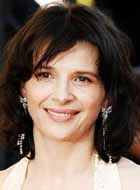 |
 |
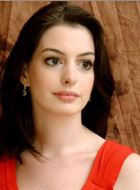 |
 |
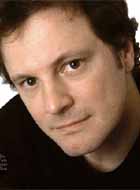 |
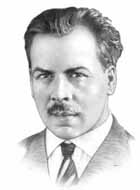 |
|
Balzac, The CriticIntuitive-logical introvert
|
||||||||||
A man who knows the world will not only make the most of everything he does know, but of many things that he does not know; and will gain more credit by his adroit mode of hiding his ignorance than the pendant by his awkward attempt to exhibit his erudition. – Colton.
Honoré de Balzac—the French writer.
1."Imagination directs me". He possesses a powerful, intellectual imagination. A representative of this type, Honoré de Balzac, in his series of novels, The Human Comedy "painted" the portraits of more than 2000 people who appear hyper real: "he is comparable perhaps only to the city controller's office" —wrote of him Andre Maurois. Similarly, the phantasmagoric world of Gabriel García Marquez is impressively precise in every detail. Due to this quality The Critic can forecast the future quite well. From empirical observations of how a man acts at various times he creates something like a functional model in his mind. In general, he tends to know everything in advance. If he did not have to warn other people about possible dangers (opportunities interest him less), he most possibly would feel himself redundant.
2."A priest's calmness and restraint". He almost never expresses emotions and protects from them his family and friends. He sincerely believes that passions, too strong, will lead one to his doom. Honoré de Balzac has constantly demonstrated throughout his literary works how passion spreads like a devastating cancer that eats away the souls of men until it finally suppresses all else. This holds totally true in the case of his dual (Caesar, The Politician), a hyperactive person that easily gets carried away.
3.A profound analyst. He is convinced that living is impossible if one disregards the natural laws that regulate the world. One who ignores reality is heading for disaster. The Criticist believes that it is better to be somewhat too cynical then be a hypocrite. Hearing of a situation, he very soon thoroughly understands it and begins to tell to the bewildered interlocutor the details and aspects that the latter had overlooked. His analysis is devoid of any self-encouragement. "You shouldn't have a different attitude towards life than you have for the kitchen—the same amount of stinking odor; if you want to cook a dish, you'll have to get your hands dirty, just make sure you'll be able to wash the dirt off once you are done; that's the entire moral of our day and age."—So speaks Vautrin, a hero of Balzac's books. Such misanthropy can kill the anybody's spirits, except his dual (The Politician)!
4."First and foremost, he is kind". In spite of all his "negativism", he is really a very kindly person in nature. The above phrase about Honoré de Balzac belongs to George Sand who knew him very well. He likes strong people who know their way in life, who demand concessions: such people release him from the necessity to invent goals, while using methods invented by him (he is a master of inventing methods.) He is capable of pouring a bucket of cold water out on the head of an enthusiast. But on the other hand, he is likewise capable of easing one's despair, when they are unlucky, when things go the wrong way, when destiny seems to be hostile.
5.Unapproachable and thus desired. A girl-student by the name of Laima (The Politician) gave a good description of this type when she tried to describe the hero of her dreams: "He must be handsome and smart, with big and sad eyes, not talkative. He does not tell compliments, and by that he creates an impression of his inapproachability. He is taunted by myriads of problems, which, in my opinion are nothing to be bothered with. I am attracted by his sadness, seriousness, so I try to amuse him, to raise his spirits, to make him happy. If such a boy is present at a party, I wouldn't be bored." This is a vivid description of this personality type, who is constant in his feelings, does not like adventures, and desires total dependence of his demanding partner.
Your dual (psychologically complementary type): Caesar, The Politician (sensory-ethical extravert).
You can also read one more description of this personality type (by Victor Gulenko, Ukraine, 1991, translated by Sergey Ganin, Great Britain, 1998).
The Critical INTp by Sara Csaky.
If you find any contradiction between the above descriptions, would you please report them at one of socionic forums (see the top left menu).
Celebrities of this type
|
|
Portraits |
 |
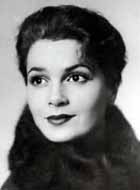 |
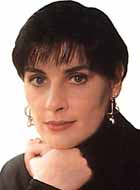 |
 |
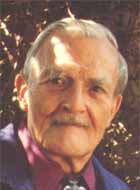 |
 |